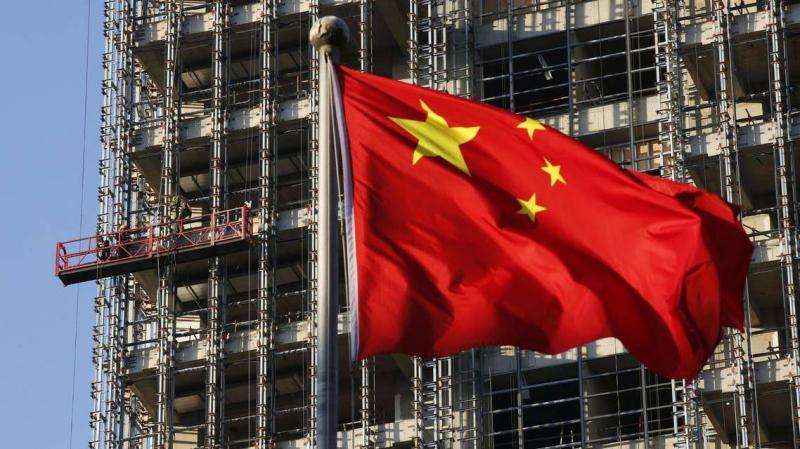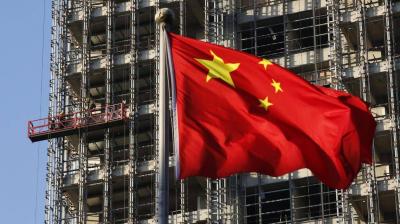Just seven weeks ago, Zhenro Properties Group appeared to be one of the most financially stable real estate companies in China amid an industry facing an unprecedented period of financial distress. The company announced in January its plan for a partial recovery of its dollar bonds and boasted that one of its subsidiaries secured a credit line worth 9.14 billion yuan (1.44 billion dollars) from the state-owned Bank of China. At the time, its short-term bonds were trading at 80% of their face value, compared to 17% for China Evergrande Group. However, this boasting was short-lived, and Zhenro has become the latest Chinese property developer to warn of a potential failure to meet its obligations, a frightening turn of events even by the standards of an industry that has seen negative surprises multiply over the past year, according to Bloomberg, as reported by Al Arabiya.
The sudden and mysterious collapse of the company has caused a crisis of confidence among investors regarding many of its peers, undermining efforts by the Chinese government to halt financial contagion in the real estate sector, which represents about a quarter of the economic output. Speculations about liquidity crises at Zhenro contributed to widespread stagnation in the bonds of Chinese real estate developers last week, leading to increased financing costs for companies that need to repay nearly 100 billion dollars in debt this year.
Zhenro confirmed investors' concerns late Friday, stating that it may not have sufficient liquidity to pay its debt repayments next month. The company requested bondholders to waive any default claims that may arise from failing to redeem its 200 million dollar perpetual bonds on March 5. This comes as the yield on the index of dollar-heavy Chinese real estate developer bonds rose above 20% again last week, making refinancing prohibitively expensive for many companies in the industry. Home sales continued to decline, reducing the primary source of cash for developers. Zhenro stated on Friday that its sales fell by about 30% in January compared to the previous year.
Although Zhenro is relatively small compared to Evergrande, ranking 30th among Chinese developers by contracted sales last year, its operations had a significant impact on the real estate market, especially following the dramatic shift in the company's statements. Even as Zhenro's bonds collapsed due to speculation it would fail to redeem its perpetual bond, the company dismissed reports related to its external debt as "incorrect and fictitious," while attributing its debt problems to "adverse market conditions" in a statement on Friday. However, it provided little detail on the reasons for the significant deterioration of its financial position since early January.
The term "perpetual bonds" refers to a type of bond that has no maturity date and pays interest perpetually, and it has been common for these bonds not to be redeemed, although some may now be callable under certain conditions. This incident reinforces the "sell first, ask questions later" mentality that has taken hold among investors in Chinese real estate debt. Zhenro's perpetual bonds dropped to about 23% of their face value from 93% in just a few days amid rumors of a failed redemption, while its dollar bonds maturing in April fell to about 25% from 77%. Bloomberg Intelligence analysts including Andrew Chan wrote in a report last week that growing concerns about the lack of transparency in China's real estate industry could drive some investors to completely avoid it.




